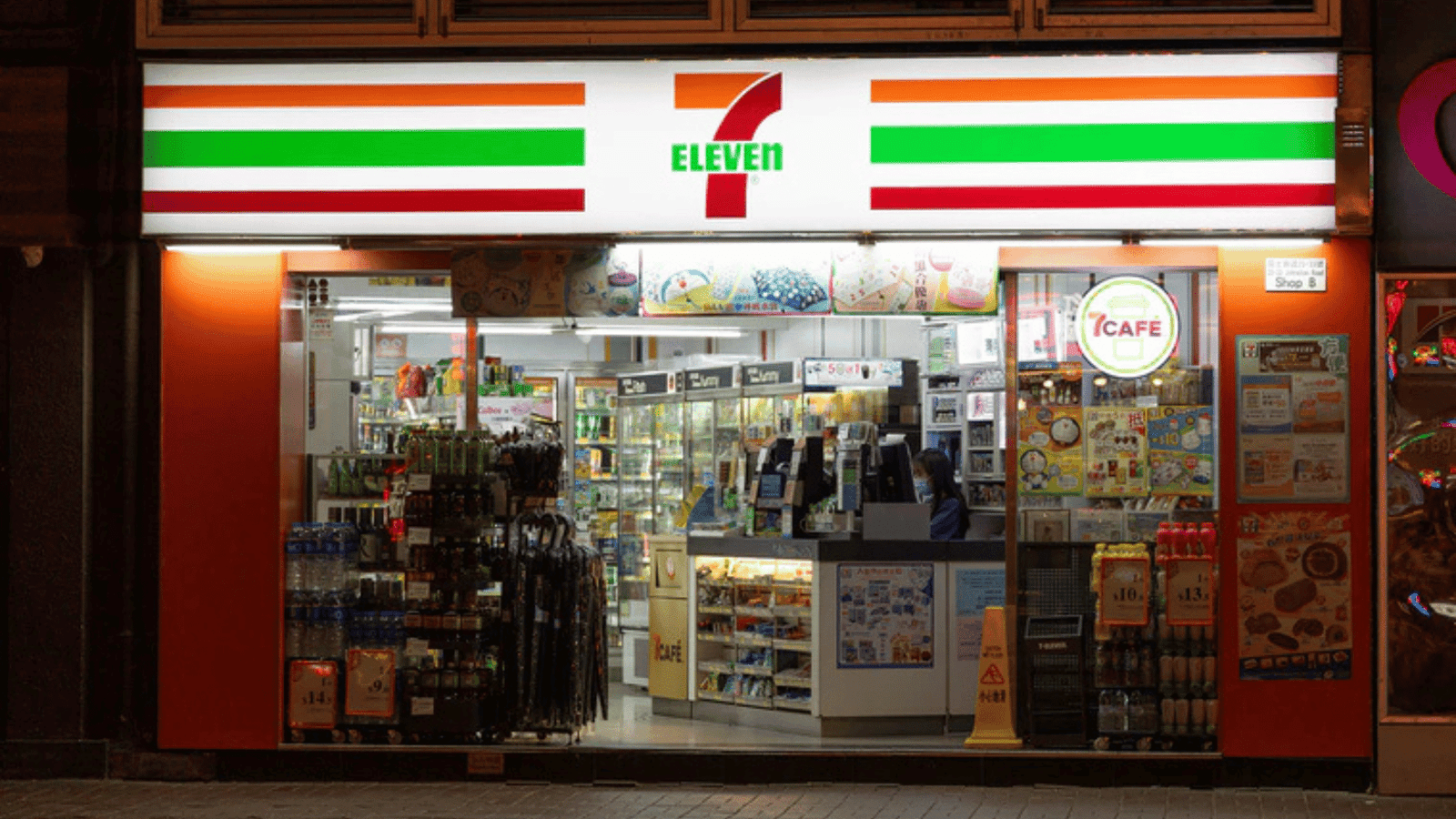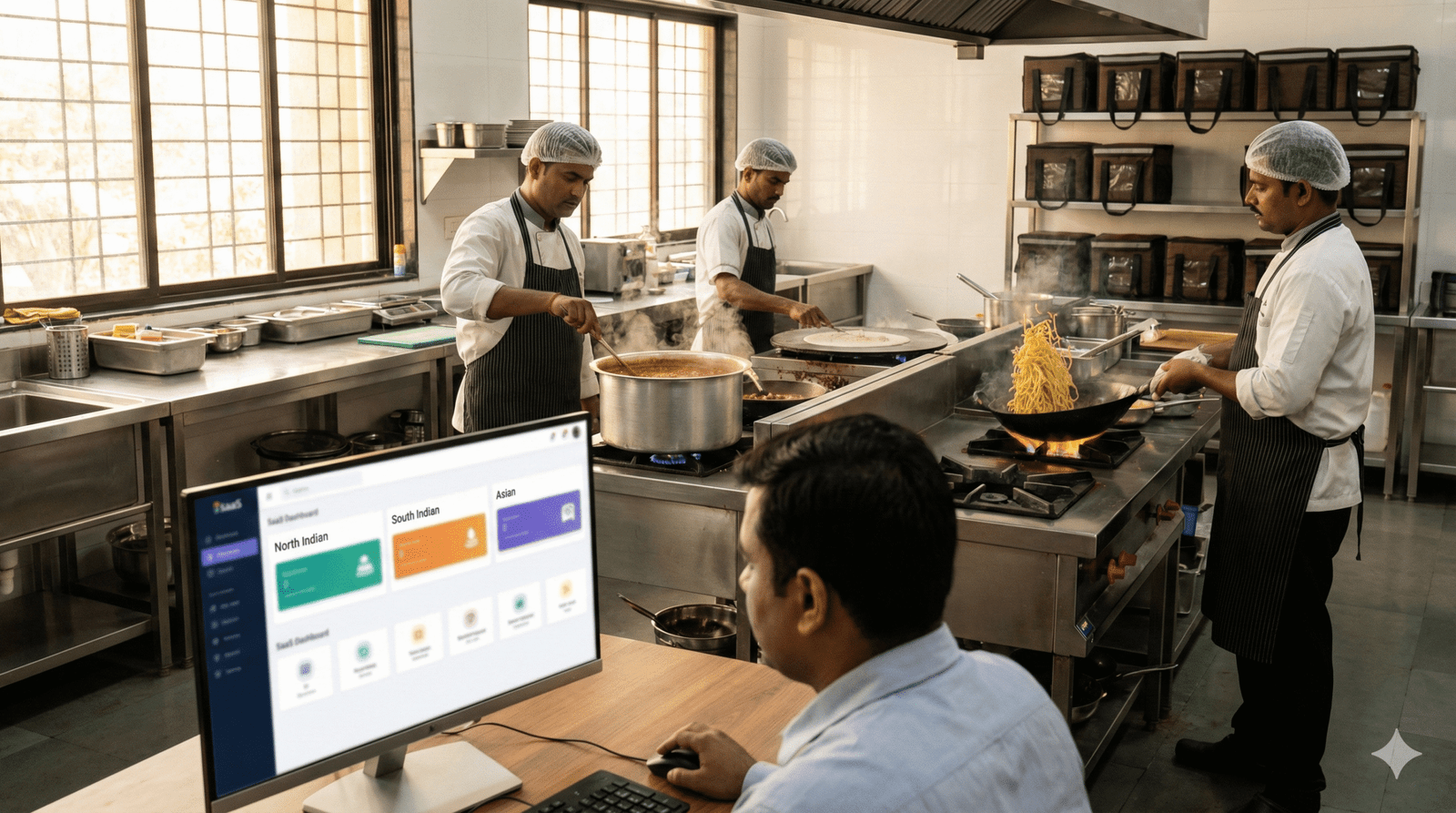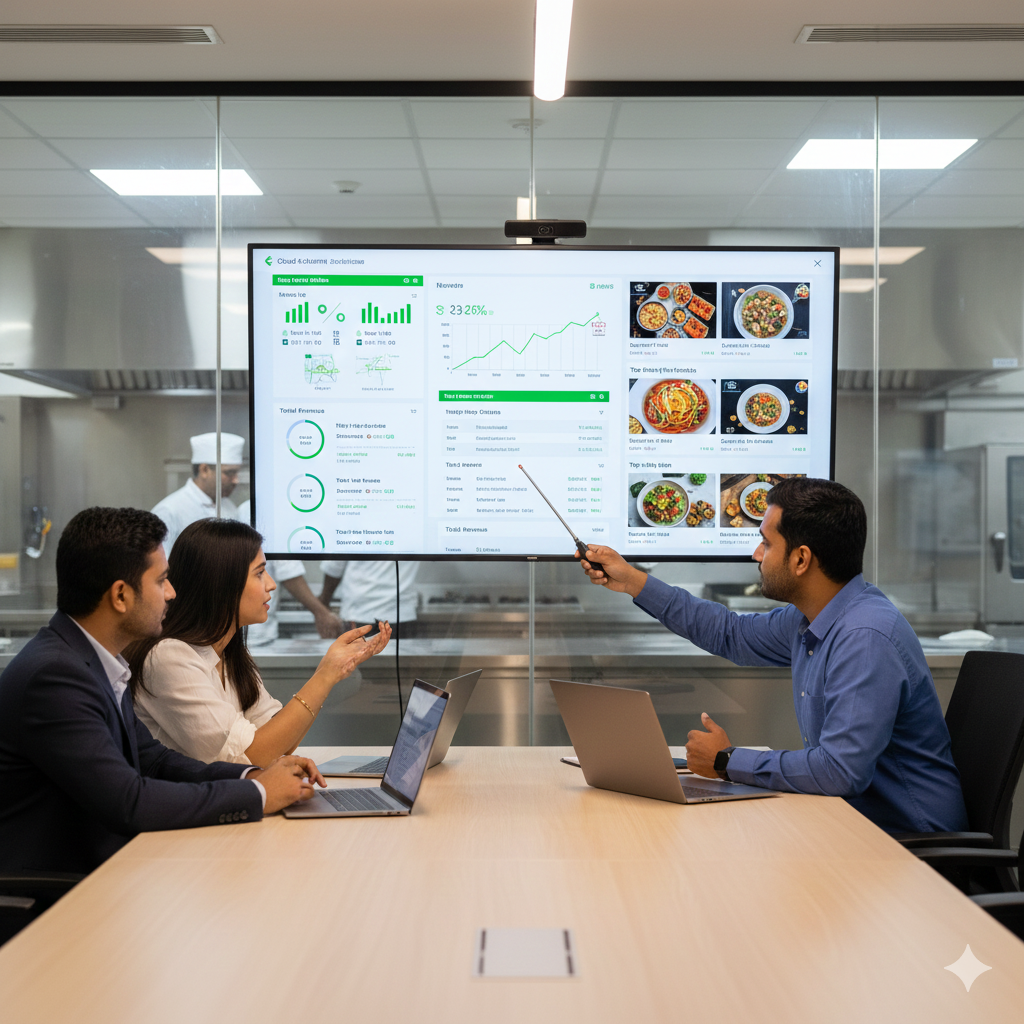The Indian retail landscape is undergoing a massive transformation. With rising disposable incomes, urbanization, and changing consumer habits, the supermarket sector has emerged as one of the most lucrative investment avenues in 2025.
At the heart of this transformation is the growing demand for modern, well-stocked, and easily accessible grocery and convenience stores. Among the top names riding this wave, the 7 Eleven franchise stands tall as a game-changer. Known for its global presence, innovative business model, and unmatched convenience, 7-Eleven is now making waves across Indian cities.
In this blog, we’ll explore why 7-Eleven is being hailed as the best supermarket franchise in India for 2025, backed by market trends, growth potential, investment details, and competitive insights.
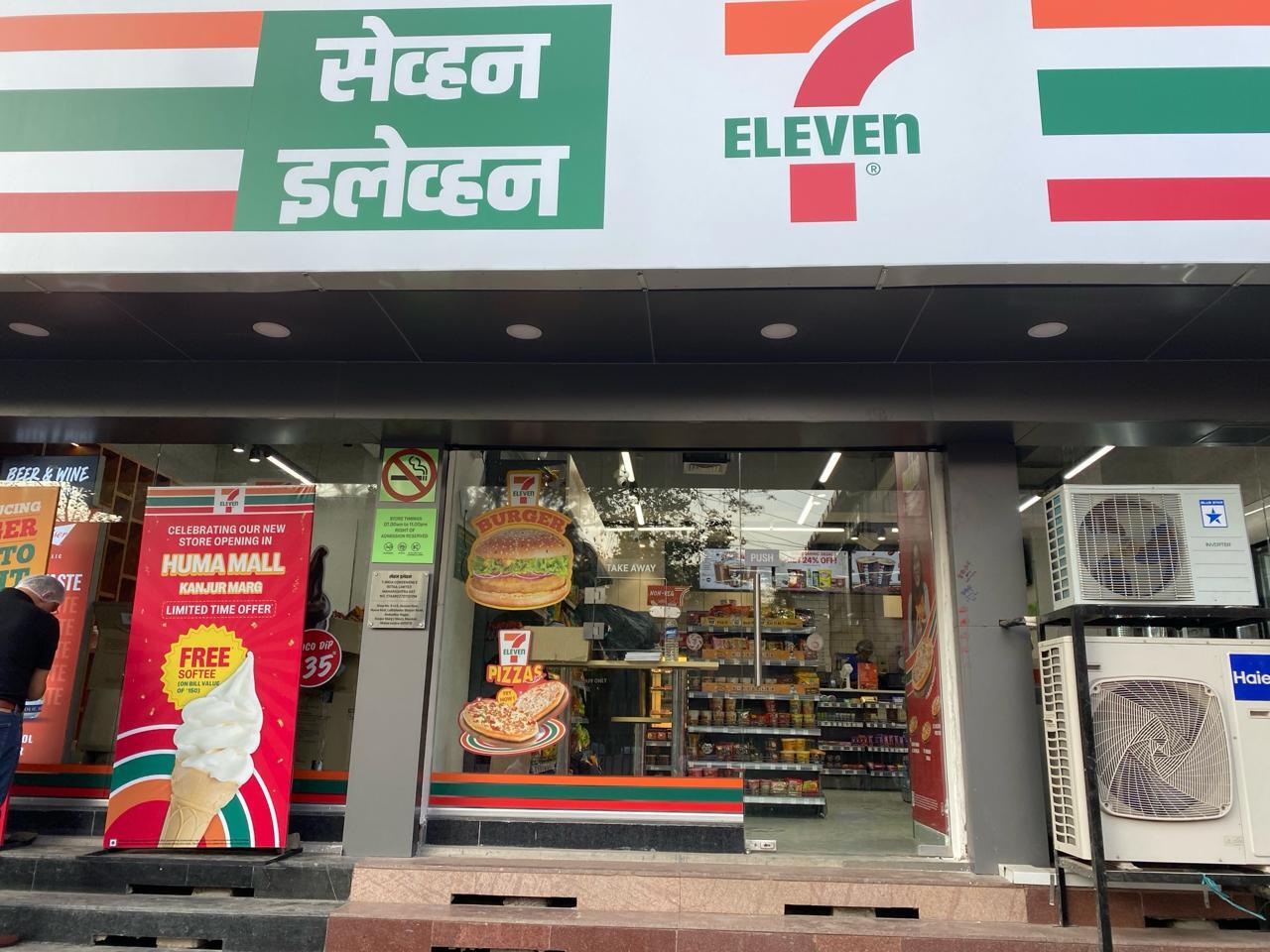
The Rise of Supermarket Franchises in India
A ₹19.9 Lakh Crore Industry
India’s grocery and retail sector, valued at over ₹19.9 lakh crore, is the backbone of consumer spending. According to market studies, more than 60% of Indian retail sales come from grocery purchases alone. This dominant position makes grocery and supermarket businesses incredibly stable and recession-proof.
Fragmented to Organized Retail
Historically, Indian grocery markets have been fragmented, with kirana stores and family-run shops dominating the landscape. However, the rise of organized retail chains and franchising models is reshaping this structure. From local marts to international retail giants, everyone is now tapping into India’s retail goldmine.
Why Supermarket Franchises Are a Great Business Opportunity in 2025
1. Daily Essentials Mean Daily Demand
Groceries aren’t optional. From milk and eggs to toothpaste and rice, every household needs essentials daily. The repeat nature of this demand ensures consistent footfall and cash flow.
2. High-Profit Potential
A well-run supermarket franchise can yield excellent margins, especially with optimized inventory, minimal wastage, and a strong brand name like 7 Eleven backing it.
3. Rising Urban Lifestyles
Urban India is moving fast. With dual-income households and a growing middle class, consumers now prefer convenience stores that are quick, clean, and comprehensive — exactly what 7-Eleven offers.
4. Franchisee Support & Brand Recall
Starting from scratch is hard. But with a reputed brand like 7-Eleven, you benefit from decades of retail experience, marketing power, and backend support — reducing your startup risk significantly.
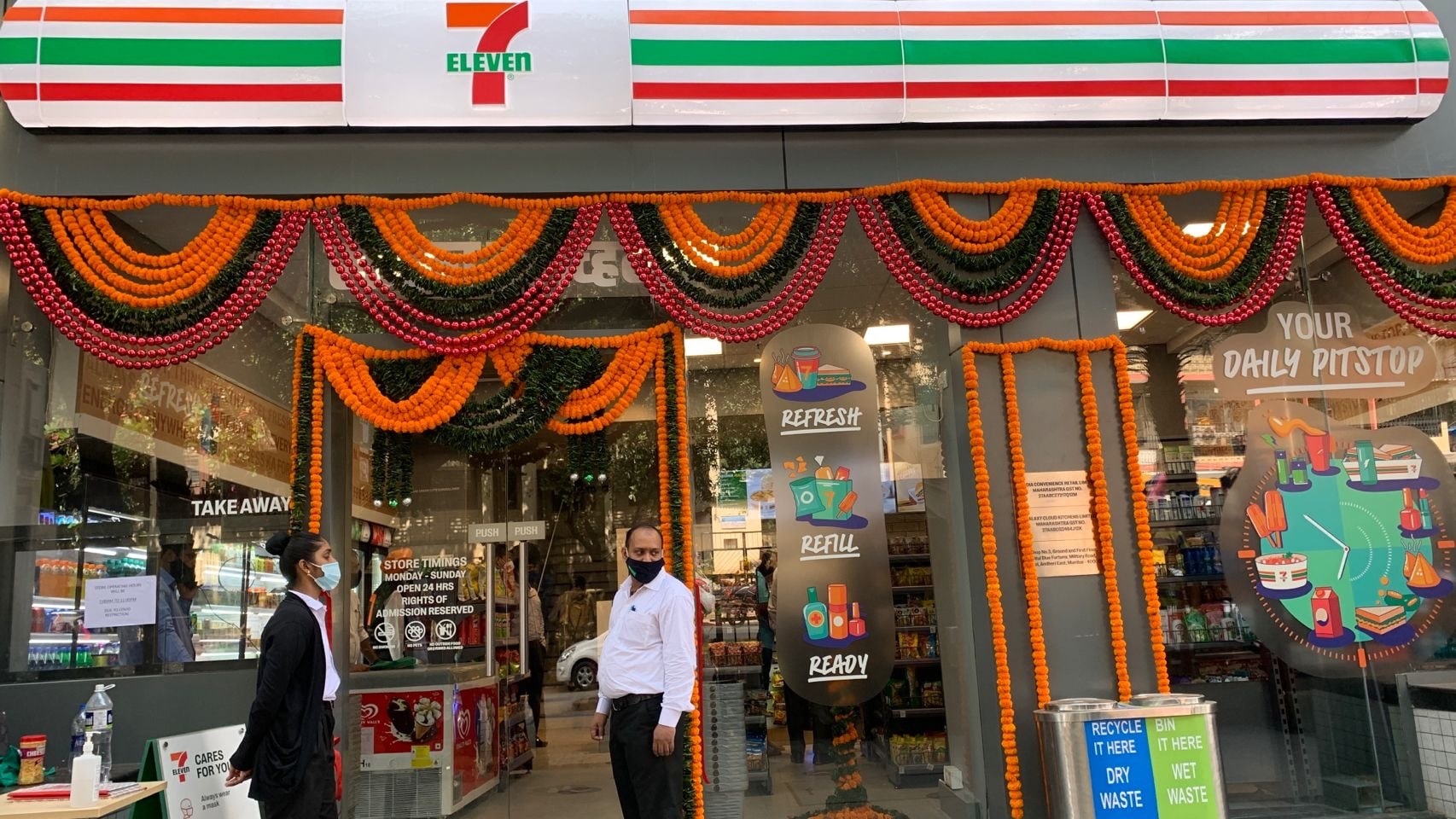
Introducing 7-Eleven Franchise in India
Global Legacy Meets Indian Market
Founded in 1927 in the U.S., 7-Eleven operates over 83,000 stores in 19 countries. Known for being the world’s largest convenience retailer, 7-Eleven entered India in 2021 through a master franchise agreement with Reliance Retail.
Since then, its growth trajectory has been sharp and strategic — with stores across Mumbai, expanding into other metros and Tier-1 cities.
What Makes 7-Eleven Unique?
- 24×7 Convenience: Unlike traditional supermarkets, 7-Eleven operates round-the-clock, offering true convenience.
- Ready-to-Eat Foods: Their hot meals, snacks, and beverages cater to the growing demand for instant, hygienic food solutions.
- One-Stop Store: From personal care to beverages, from recharge kiosks to breakfast options, it’s a complete solution in under 1000 sq. ft.
- Tech Integration: Digital payments, online delivery, and loyalty programs make the experience seamless for new-age consumers.
Why 7-Eleven is the Best Supermarket Franchise in India for 2025
1. Strong Partnership with Reliance Retail
Reliance is already India’s retail giant. Their association ensures supply chain control, aggressive expansion, and strategic location selection. This gives 7 Eleven franchisees an unbeatable edge in operations and scalability.
2. Low Inventory, High Footfall Model
Unlike hypermarkets that require huge stock and storage, 7-Eleven’s small-format stores operate with a lean inventory model, focused on fast-moving SKUs and convenience items. This helps in quicker stock rotation and better margins.
3. Training and Support
From employee training to store setup, marketing support to POS systems, 7-Eleven offers end-to-end handholding for franchisees — ideal for first-time entrepreneurs and experienced investors alike.
4. Pan-India Expansion Plans
7-Eleven aims to expand to thousands of stores in India by 2030, riding on Reliance Retail’s robust infrastructure. As of 2025, they’re actively onboarding franchise partners in cities like Pune, Bangalore, Delhi, Ahmedabad, Hyderabad, and Chennai.
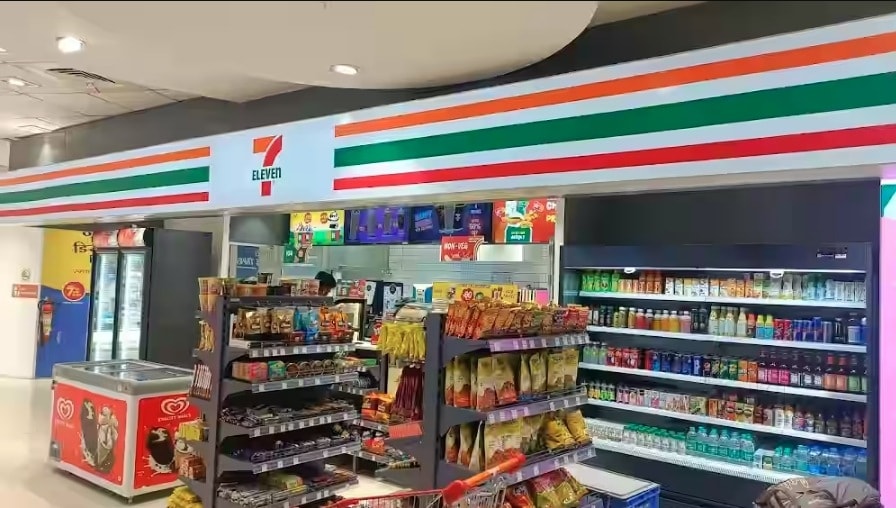
Cost of Starting a 7 Eleven Franchise in India (2025)
Wondering how much investment is needed to open a 7 Eleven franchise in India?
Here’s a realistic breakdown:
| Expense Category | Estimated Cost (INR) |
|---|---|
| Franchise Fee | ₹25 – ₹35 Lakhs |
| Interior Setup | ₹15 – ₹20 Lakhs |
| Inventory | ₹10 – ₹15 Lakhs |
| Equipment & POS | ₹5 – ₹7 Lakhs |
| Licenses & Legal | ₹2 – ₹3 Lakhs |
| Marketing & Misc | ₹3 – ₹5 Lakhs |
| Total | ₹50 Lakhs – ₹1 Crore |
Note: Costs may vary based on location, store size, and Reliance’s custom packages.
Market Trends Fueling 7 Eleven’s Growth in India
📍 Convenience is King
India’s young population values speed. Whether it’s a student grabbing a coffee or a working couple buying bread at midnight — 7-Eleven delivers unmatched convenience.
🌱 Rise of Health-Conscious Shoppers
From low-calorie snacks to sugar-free drinks, 7-Eleven is innovating to meet the demand for healthy on-the-go options. Their product strategy aligns with India’s rising health and fitness culture.
🏙️ Urbanisation & Real Estate Boom
India’s urban population is expected to reach 675 million by 2035. Malls, metro stations, airports, tech parks — all offer high-potential retail spots for 7-Eleven franchises.
📦 Online + Offline Integration
With Reliance Jio’s ecosystem and 7-Eleven’s digital approach, franchisees benefit from O2O (online-to-offline) sales — ensuring visibility, delivery, and customer retention.

Challenges of Running a Supermarket Franchise (And How 7-Eleven Solves Them)
| Challenge | How 7-Eleven Solves It |
|---|---|
| Complex supply chain | Integrated with Reliance’s retail logistics |
| High initial investment | ROI-backed model and flexible store sizes |
| Competition with local kiranas | Brand trust, hygiene, convenience, and loyalty programs |
| Staff training and SOPs | In-house training modules and operational manuals |
| Inventory management | Real-time analytics, automated reordering |
Alternatives to 7 Eleven Franchise in India (2025)
While 7-Eleven is the front-runner, here are other supermarket franchise options to explore:
🛒 Gourmet & More
- Premium mart with global and Indian gourmet items.
- Investment: ₹30–40 Lakhs.
- Ideal for luxury neighborhoods.
🌍 Pangea Gourmet
- International groceries and organic products.
- Investment: ₹50–75 Lakhs.
- Known for high-end clientele and curated experience.
🌿 The Organic Supermarket
- Budget-friendly, certified organic chain.
- Investment: ₹10–15 Lakhs.
- Best for Tier-2 and health-conscious localities.
🛍️ Hyper Supermarket
- Mass retail chain with 500+ stores.
- Investment: ₹5–10 Lakhs.
- Good for semi-urban and small-town areas.
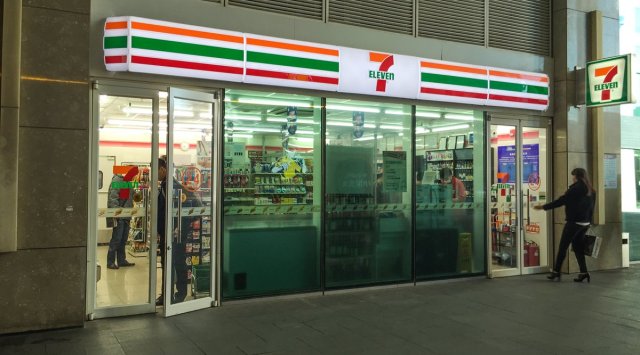
Franchise Profitability: What’s the ROI on a 7 Eleven Franchise?
Expected Revenue (Per Month):
- ₹7 to ₹12 Lakhs per store depending on location and footfall.
Gross Margin:
- ~20% to 25%
Payback Period:
- 18 to 30 months, depending on operations.
Key ROI Drivers:
- Location
- Product mix
- Staff efficiency
- Promotions & local marketing
- Repeat customer base
How to Apply for a 7 Eleven Franchise in India?
Getting started is simple. Here are the steps:
- Visit the official 7-Eleven India website or Reliance Retail’s franchise page.
- Fill in the franchise inquiry form.
- Wait for screening & eligibility checks (they may conduct a background and financial evaluation).
- Attend a Discovery Day or Franchise Meet.
- Sign the franchise agreement after due diligence.
- Training, store setup, and launch within 60-90 days.
Final Verdict: Should You Invest in a 7 Eleven Franchise in 2025?
If you’re looking for a future-proof business in India’s retail sector, the 7-Eleven franchise is your best bet.
With Reliance’s backing, a globally trusted model, scalable infrastructure, and rising urban demand — the opportunity is massive. Whether you’re a first-time investor or a seasoned entrepreneur, this format offers low risk, high brand value, and strong support.
Other Profitable Franchise Options in 2025 Beyond Supermarkets
While 7-Eleven is a standout in the supermarket franchise category, several other fast-growing food and QSR (Quick Service Restaurant) brands are making waves in India. If you’re exploring franchise opportunities beyond grocery retail, here are two highly promising food brands to consider:
🌭 Hot Dog Harbour – India’s Largest Hot Dog Franchise
Hot Dog Harbour is India’s first and fastest-growing hot dog QSR chain, serving unique fusion-style hotdogs inspired by global flavors. With successful operations across Mumbai and Pune, it is known for bold branding, quirky campaigns, and high-volume online orders on Swiggy and Zomato.
Why Invest in Hot Dog Harbour?
- Low setup cost (₹6–8 lakhs for a cloud kitchen model)
- Over 83,000+ happy customers in 2024 alone
- Available in both cloud kitchen and takeaway outlet formats
- High-margin, easy-to-operate menu
- Excellent support for digital marketing, social media, and order automation
This is a youth-focused brand with immense potential in college zones, high streets, and food delivery hubs. Perfect for entrepreneurs who want fast ROI with minimal staff.
🔗 Visit HotDogHarbour.com for franchise details
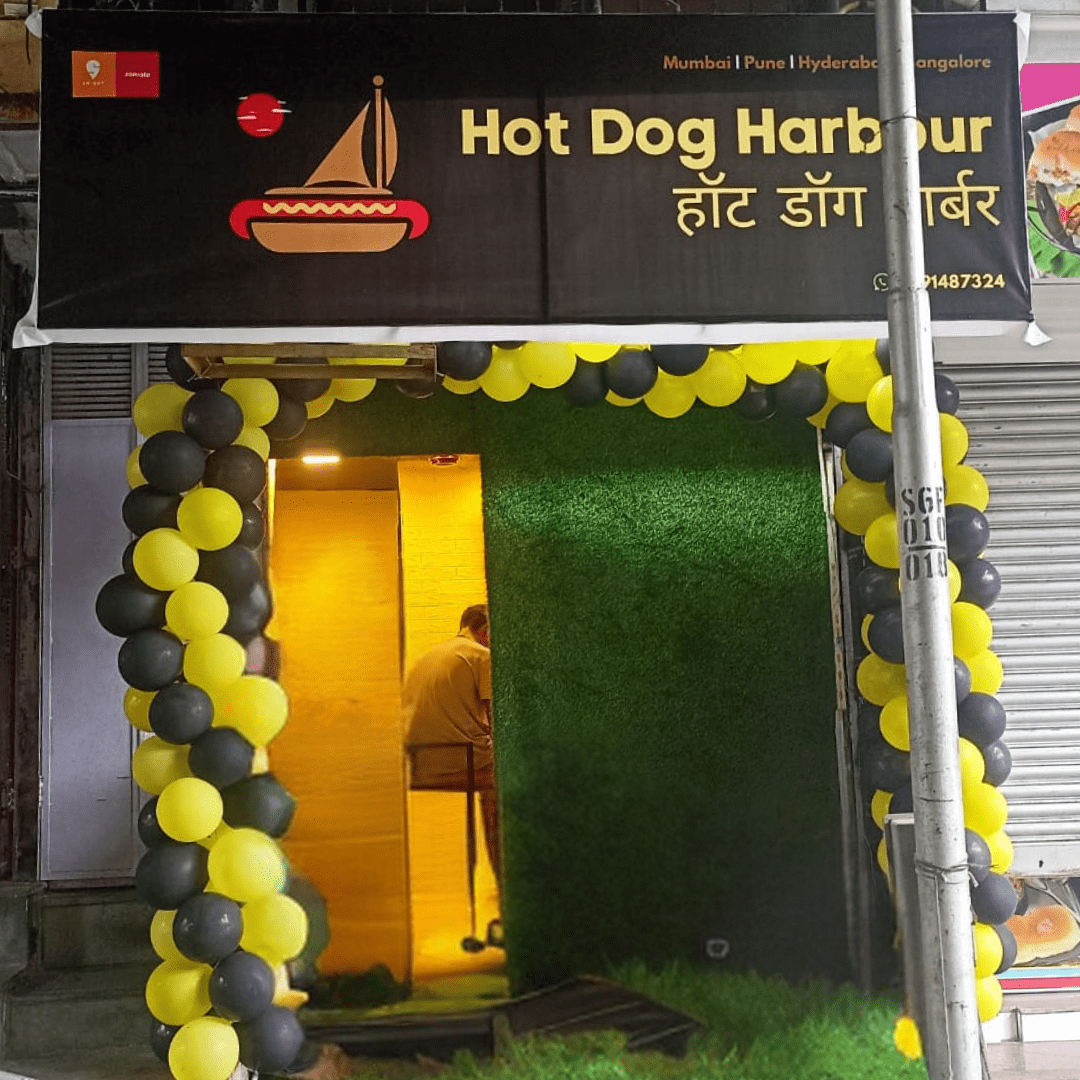
🍜 Sugoi Ramen – India’s First Authentic Japanese Ramen Franchise
Sugoi Ramen brings the true flavor of Japanese ramen to Indian customers — offering both vegetarian and non-vegetarian ramen, along with exotic options like vegan prawns and chicken gyoza. With a footprint in Mumbai, Pune, and Hyderabad, Sugoi Ramen has already served over 63,000+ customers last year.
Why Choose Sugoi Ramen Franchise?
- Low CAPEX model (₹7–9 lakhs for cloud kitchen)
- Unique menu that stands out from typical QSR options
- Operates purely through cloud kitchens on Swiggy/Zomato
- High order volume potential with premium pricing (₹350–₹420 AOV)
- Full marketing, menu, and kitchen setup support
Ramen is an emerging category with minimal competition and rising demand from India’s Gen Z and working professionals.
🔗 Learn more at SugoiRamen.com
Read Also :- Tea Time Franchise Cost in India (2025 Guide): Investment, Profit & Application Process
Top 10 Profitable Healthy Food Franchises in India – Best Investment Opportunities
Conclusion
The Indian consumer is evolving — and so is the retail space. In this rapidly changing environment, 7-Eleven has emerged as a reliable, forward-thinking, and customer-focused brand that’s perfectly suited for India’s urban and semi-urban future.
If you’re planning to invest in a supermarket franchise in 2025, don’t miss the opportunity to ride the retail revolution with 7 Eleven.
FAQs About 7 Eleven Franchise in India
Q1. Is 7-Eleven open to franchising in Tier-2 cities?
Yes. While it began in metros, Reliance Retail has plans to expand into Tier-2 and Tier-3 towns soon.
Q2. Do I need prior retail experience to run a 7 Eleven store?
No, but it’s a plus. 7-Eleven provides comprehensive training and SOPs.
Q3. How much area is required for a 7 Eleven franchise store?
Between 350 sq. ft. to 1000 sq. ft., depending on store format and footfall.
Q4. What is the expected return on investment (ROI)?
Franchisees can expect to break even in 18 to 30 months with proper operations
Q5. Can I own multiple 7-Eleven stores?
Yes. Multi-unit franchising is encouraged for eligible partners

